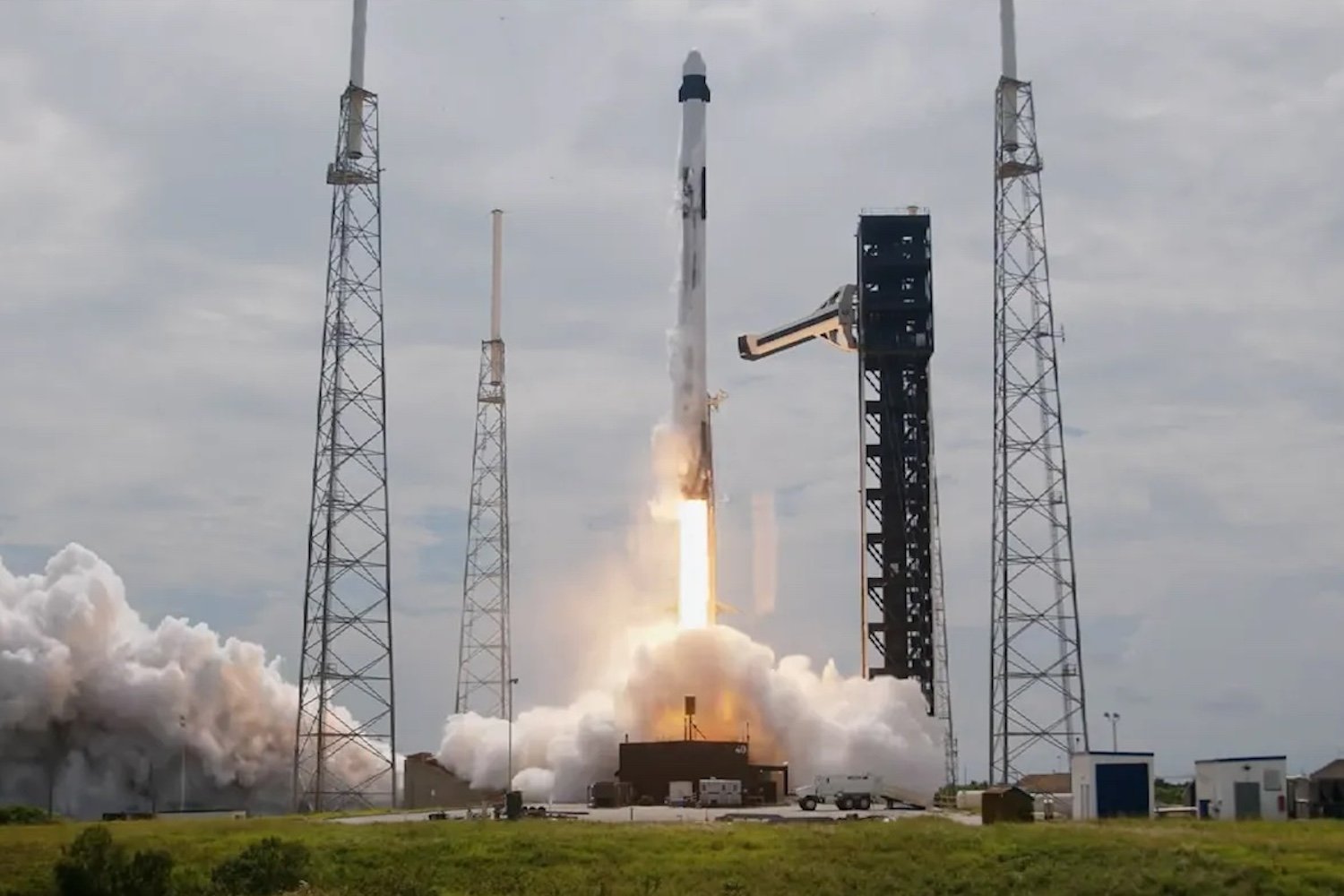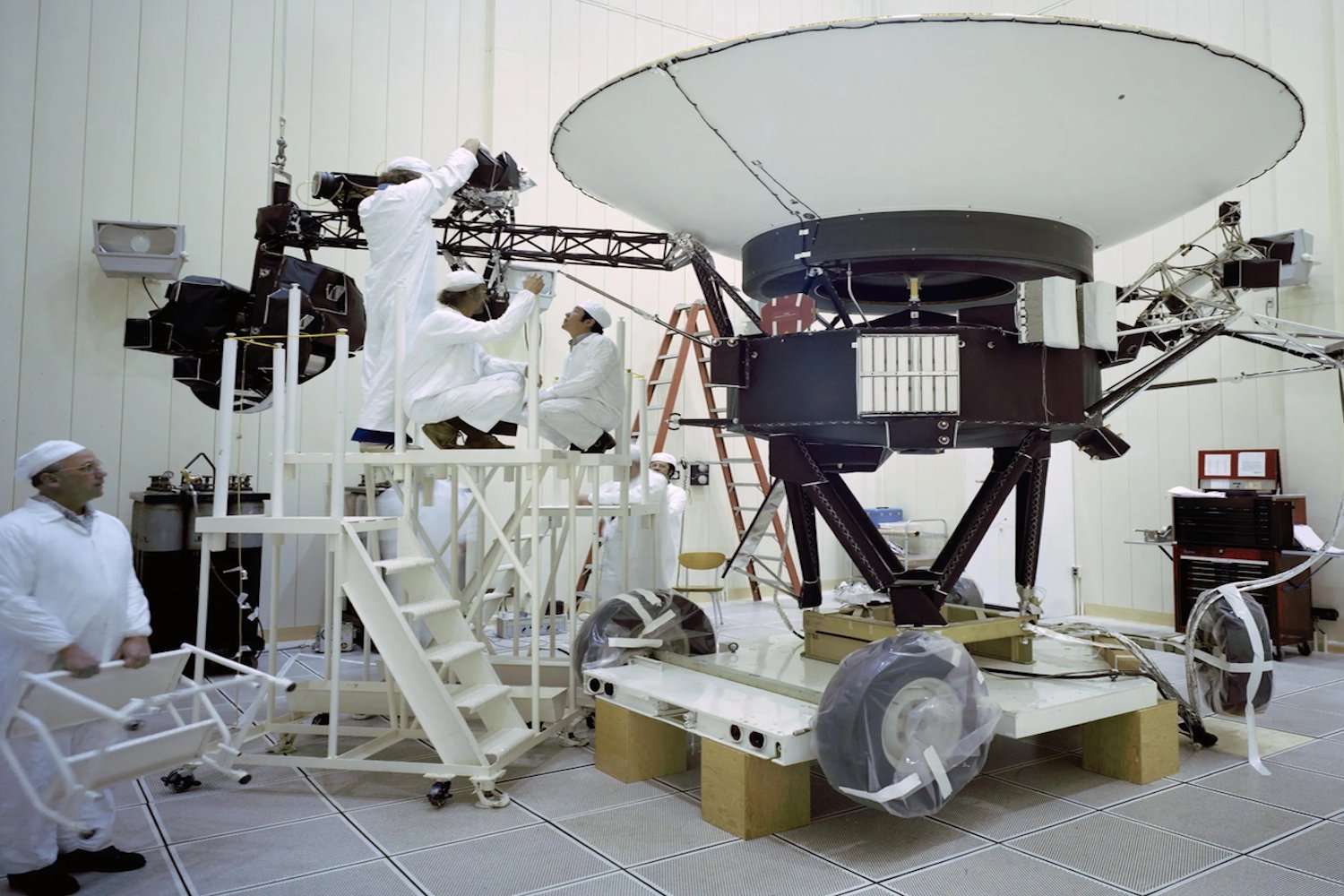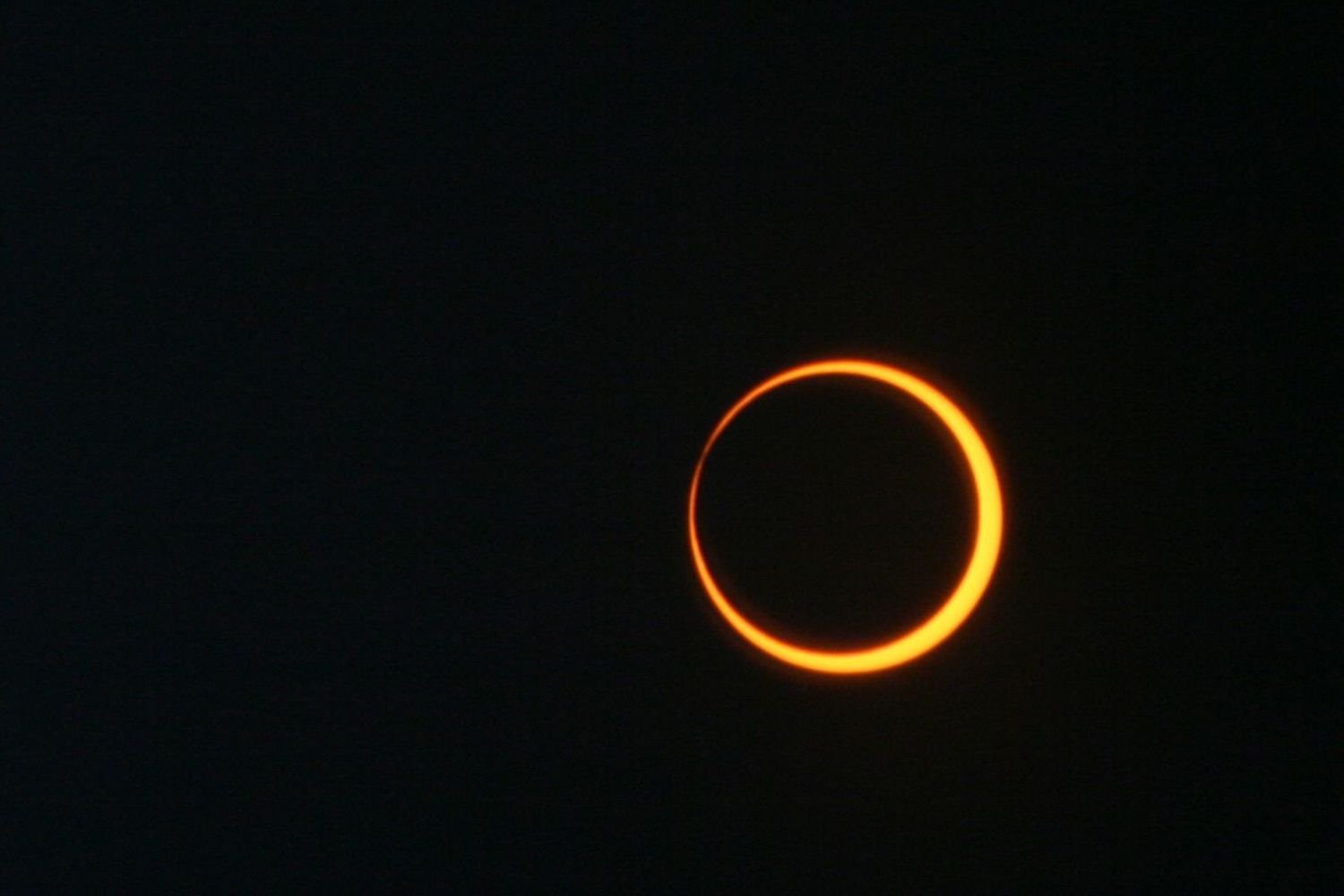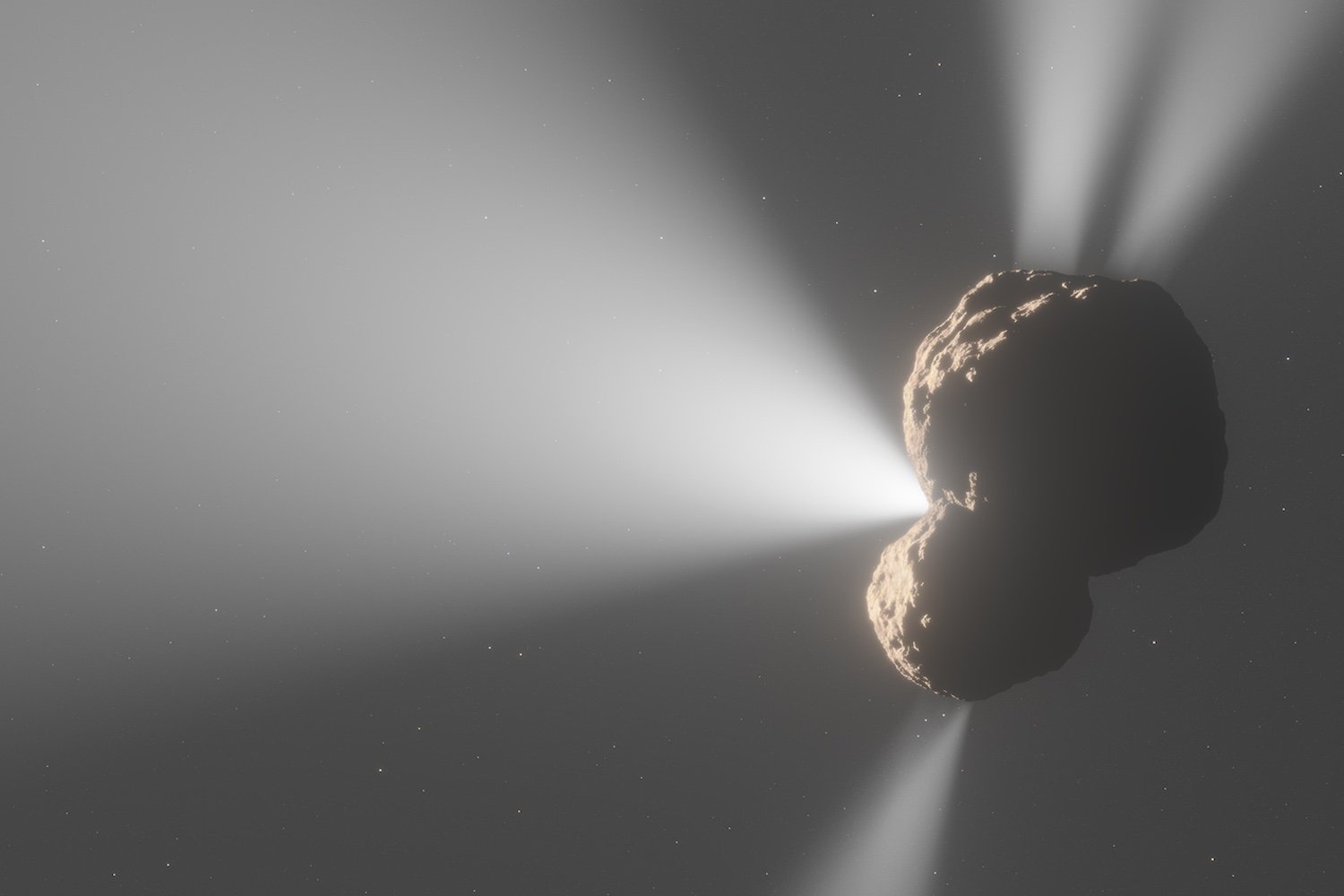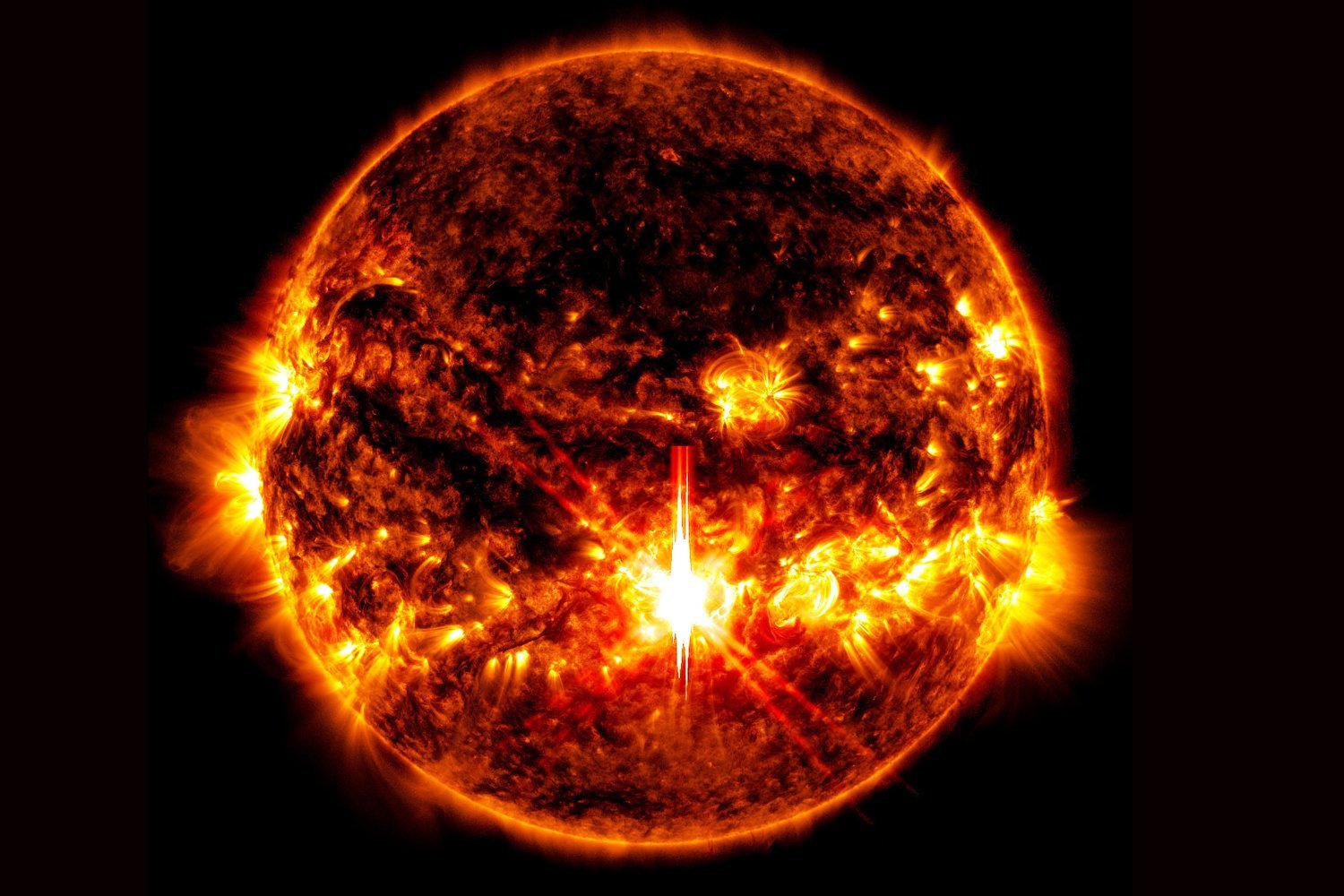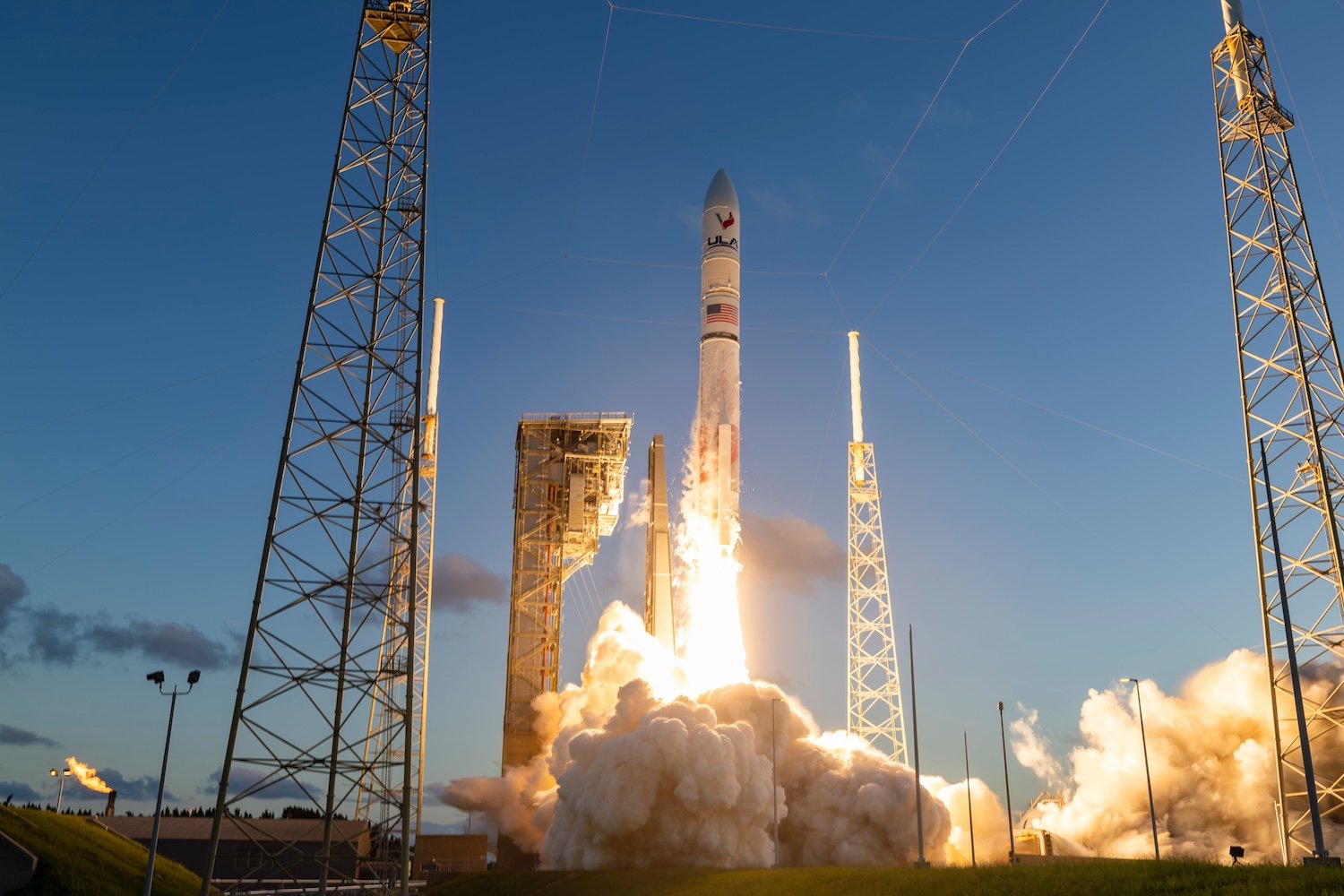The SpaceX Falcon 9 rocket has been grounded following an anomaly during the return of its upper stage after the successful launch of the Crew-9 mission. The Federal Aviation Administration (FAA) has mandated an investigation before the rocket can resume flights, raising questions about the impact on SpaceX’s busy launch schedule.
This incident marks the third grounding of the Falcon 9 in just under three months, an unusual occurrence for a rocket known for its reliability. The anomaly occurred during the deorbit burn of the upper stage after it had delivered the Crew-9 mission to the International Space Station. This malfunction caused the stage to miss its intended splashdown zone in the ocean. SpaceX has voluntarily paused Falcon 9 launches pending the investigation’s outcome. The FAA will oversee this investigation to determine the root cause of the anomaly. Fortunately, no injuries or property damage have been reported.
The Crew-9 mission, launched on September 28, successfully transported NASA astronaut Nick Hague and Russian cosmonaut Aleksandr Gorbunov to the ISS aboard the Dragon crew capsule. However, the subsequent upper stage anomaly has raised concerns about the Falcon 9’s recent performance. While SpaceX has stated its commitment to identifying the issue, the grounding has cast uncertainty on upcoming missions, including the European Space Agency’s Hera mission, slated for launch on October 7.
Recent Falcon 9 Anomalies Spark Concern
This recent incident follows two other groundings within a short timeframe, highlighting a concerning trend for the usually dependable Falcon 9. In July, an upper stage malfunction prevented a Falcon 9 from delivering its satellite payload to orbit. An investigation attributed the engine failure to an oxygen leak, leading to a two-week grounding. A little over a month later, a Falcon 9 booster toppled over and ignited a fire on a droneship landing platform after deploying 21 Starlink satellites. Although the FAA grounded the rocket, it returned to service just three days later for another Starlink mission.
Impact on the Space Industry
The repeated groundings of the Falcon 9 have significant implications for the spaceflight industry. Since its debut in 2010, the 135-foot (41-meter) rocket has completed over 350 missions, establishing itself as a workhorse for both governmental and commercial launches. The current grounding places a strain on an industry already grappling with limited launch capacity and a growing demand for reliable access to space. The increasing reliance on Falcon 9 for critical missions underscores the need for swift resolution of these recurring issues and potentially the development of alternative launch vehicles.
More: SpaceX Hits Back at FAA Over Launch Penalties and Delays



